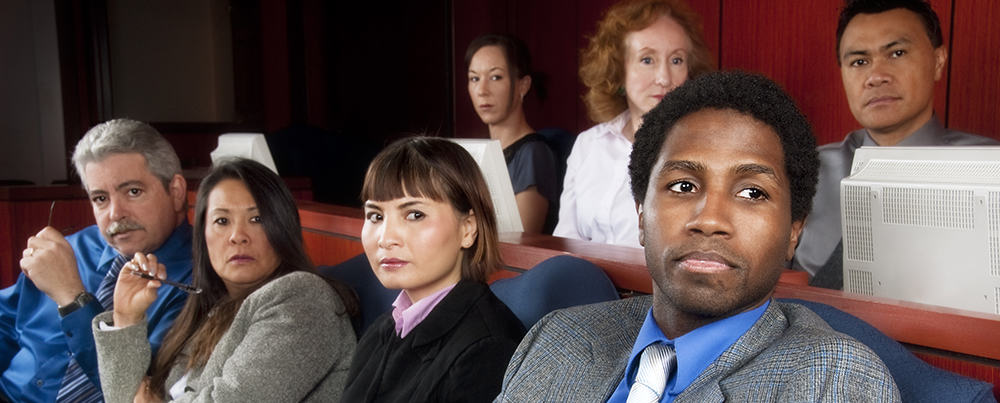
By By Anna-Leigh Firth
Nearly 9 out 10 NJC alumni responding to this month’s one-question survey said they do not employ summary jury trials. Various reasons were given, but the majority who left comments had never heard of the technique or, if they had heard of it, they considered it to be a waste of time.
As the poll question explained, a summary jury trial is an alternative dispute-resolution tool in which parties summarize their case before a real jury, which returns an advisory verdict. Advocates say the advisory verdict can help decide whether to settle or continue to court.
Of the 355 judges who responded, 87 percent said they don’t use summary jury trials. Among the 77 judges who left comments, most said that assembling an advisory jury takes resources away from other important courtroom matters, making it an inefficient use of time for litigants, attorneys and court personnel alike.
“Summary jury trials are a useful tool,” conceded one judge who commented anonymously, as was the case with most of the comments. “However, this type of alternative resolution effort should not take up valuable court time. Summary trials are something that should be used outside of court or scheduled for an empty courtroom without using a sitting judge’s time.”
Other judges said they have tried to hold summary jury trials but haven’t had any luck convincing the parties to participate. Either the parties were unfamiliar with the concept or were unwilling to agree, one judge said.
It appears likely that many parties are reaching settlements outside of court. One judge with 27 years of experience mentioned having gone from hearing 50 trials per year to eight.
Judges also said:
- Attorneys resist summary jury trials in favor of traditional jury trials.
- Jury trials in limited jurisdiction cases can be less than one day, so the court has no backlog of cases and, therefore, no reason to turn to a summary jury trial.
- Most civil cases settle well before trial, likely due to the expense of civil litigation in general.
- Litigants who participate in the process do so only at the urging of counsel. Many will not accept any result short of a full jury trial, and even then they appeal the jury’s decision.
- Summary jury trials only work when you have lawyers on both sides who trust each other and are disciplined.
Among the small minority of judges who said they do use summary jury trials, several have been impressed with the results.
Florida Circuit Court Judge Tonya Rainwater described a case involving admitted liability by a day-care center over inadequate supervision. The only remaining dispute involved the amount of damages. Instead of releasing the jurors who had been summoned for the trial, a portion were used to hold a summary jury trial. The rest were grouped into other panels.
“We ended up with three separate decisions whose ‘verdicts’ averaged about $50K,” she said. “The attorneys were also able to speak with the jurors about their decision making. The case settled soon after this non-binding process.”
* Each month the College emails an informal, non-scientific one-question survey to its more than 12,000 judicial alumni in the United States and abroad. The results, summarized in the NJC’s Judicial Edge e-newsetter, are not intended to be characterized as conclusive research findings.

Hon. Diane J. Humetewa, the first Native American woman and the first enrolled tribal member to serve as a ...

Retired Massachusetts Chief Justice Margaret H. Marshall has been selected as the 2024 winner of the presti...

Dear Gaveliers Fans: I am delighted to announce the appointment of our first Gaveliers coaches, profiled...

Fans, I could not be more proud of the work our players put in over the summer. The difference between h...

As the 2024 Election moves in to its final weeks, just over half of trial judges who responded to a survey ...